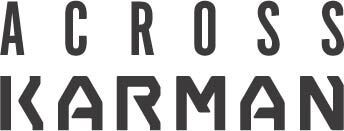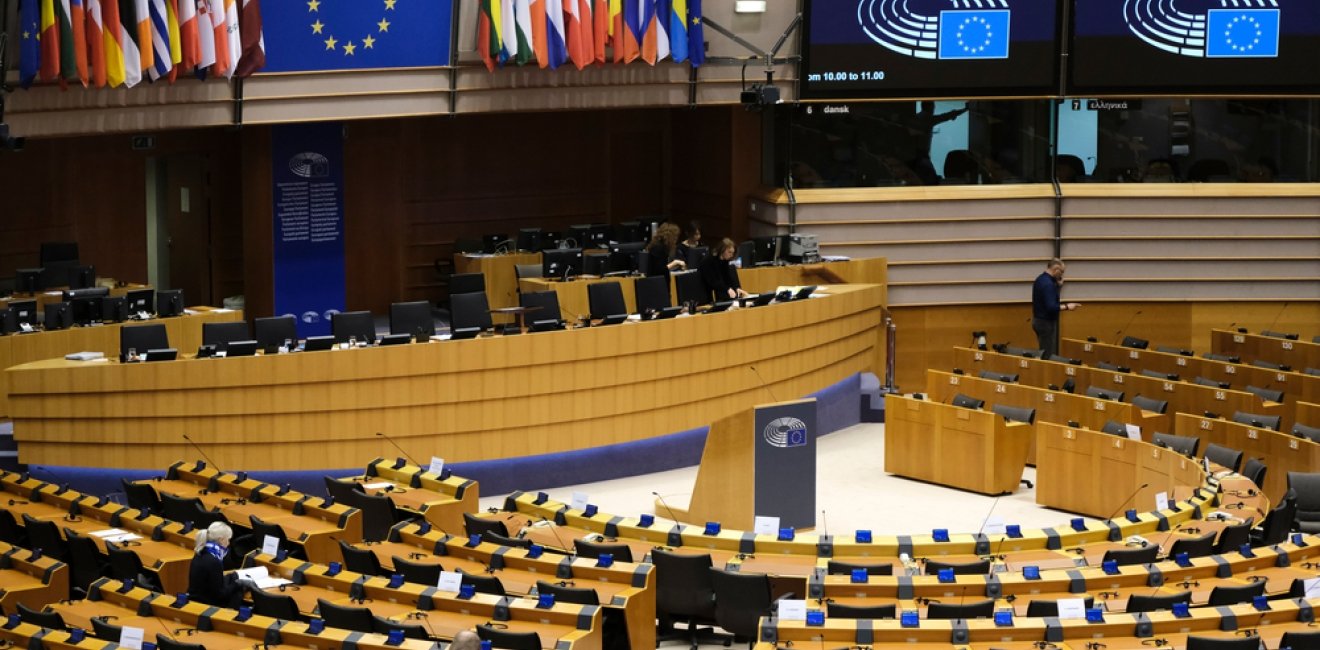On November 22, the far-right Party for Freedom (PVV) won the Dutch general elections, more than doubling their seats in the lower house of the Dutch parliament. This outcome will have a profound impact on the course of Dutch politics and as well as its role in the EU. Although a surprise for many, Geert Wilders’ victory doubles down on the rise in support for right-wing parties across Europe. Recent elections in Finland, Italy, Slovakia, and Sweden have resulted in a rightward shift, and current polling also shows increased support for AfD (Alternative for Germany) in Germany and the Rassemblement National (National Rally) in France. With European Parliament (EP) elections set to take place next year, many are hoping to capitalize on this growing support to gain influence also on the EU level. How might the Dutch election results and the apparent rise of support for right-wing parties, more broadly, play into the European Parliament elections next year?
Background
Populist sentiments in the Netherlands and Europe are built on a combination of ideologies, including neo-nationalism, euroscepticism, anti-immigration, and islamophobia. It draws its strength from the fear of change or loss, especially in regard to national sovereignty and or cultural identity. This fear was especially prevalent following the Arab Spring revolutions in the Middle East and North Africa (MENA), which saw mass immigration to the continent. In 2015 alone, the Dutch welcomed roughly 16,500 of these refugees, which in turn led to an uptick in support for populist parties like the PVV. Furthermore, polling from across the continent suggests that if European Parliament elections were held today, the right-wing European Conservatives and Reformists (ECR), are expected to become the third-biggest party in the EP. Furthermore, Identity and Democracy (ID), the far-right party, is also set to gain a significant amount, from 73 seats in the previous election, to 85. The Dutch elections encapsulate this worrying trend and show how this rightward shift may play out on a broader scale next year. It could affect policies on everything from immigration, climate, and even EU enlargement.
Dutch Elections
Geert Wilders and his Freedom Party (PVV) became the largest party in the Tweede Kamer (the Dutch equivalent to the U.S. House of Representatives), with 23.5% of the votes. The far-right populist party more than doubled their number of seats from 17, in the previous election, to 37. Their sudden surge in popularity can be partially explained by the fact that Mark Rutte's fourth administration collapsed in July, due to the immigration crisis. Dilan Yesilgoz-Zegerius, the center-right People's Party for Freedom and Democracy (VVD) leader who succeeded Rutte, took a chance by making migration a major campaign topic, which appeared to pave the way for collaboration with Wilders’ PVV. Wilders’ next step is to form a coalition with other parties to reach the 76 seats required for a majority. The center-right VVD and the New Social Contract (NSC), the new party of Pieter Omtzigt, the former Christian Democrat, are two of Wilders's possible coalition partners. They have made it clear however, that they cannot support certain PVV positions that violate the Dutch constitution; such as mosque bans.
Conclusion
2024 will be a challenging year for the European Union, with European Parliament elections in June and a new Commission to be formed in the fall. Finding common ground in the center is getting harder. This makes the prospects for new coalitions after the next European Parliament elections more difficult—especially if right-wing parties outperform current polls. Their goal is namely not to win, but to gain enough support to “have a decisive role” and affect the chances of another coalition between the “conservatives, socialists and liberals”. If that happens, it could significantly affect the political dynamics in Brussels.
Author


Global Europe Program
The Global Europe Program is focused on Europe’s capabilities, and how it engages on critical global issues. We investigate European approaches to critical global issues. We examine Europe’s relations with Russia and Eurasia, China and the Indo-Pacific, the Middle East and Africa. Our initiatives include “Ukraine in Europe”—an examination of what it will take to make Ukraine’s European future a reality. But we also examine the role of NATO, the European Union and the OSCE, Europe’s energy security, transatlantic trade disputes, and challenges to democracy. The Global Europe Program’s staff, scholars-in-residence, and Global Fellows participate in seminars, policy study groups, and international conferences to provide analytical recommendations to policy makers and the media. Read more

Explore More
Browse Insights & Analysis
Greenland’s New Governing Coalition Signals Consensus

The Future of France's Far-Right Party

Ukrainian Issue in Polish Elections



